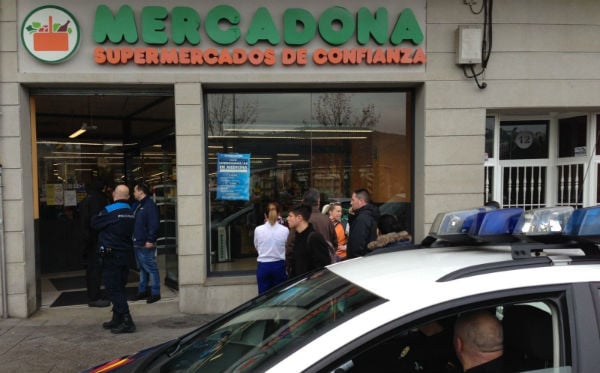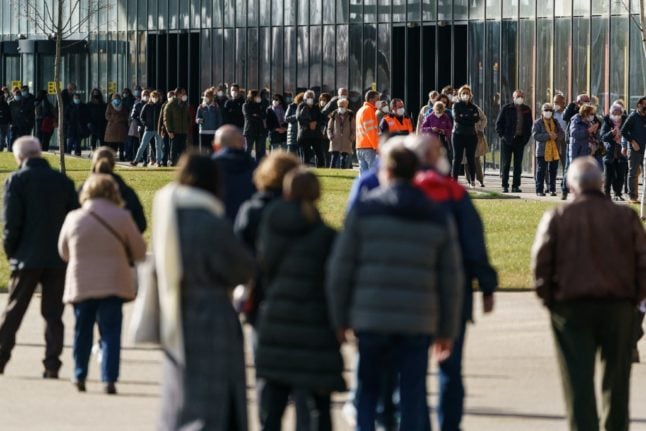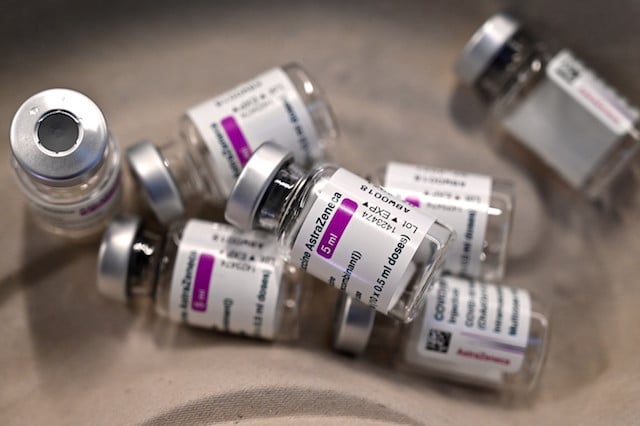The 35-year-old, who was detained by police after the incident at a Mercadona supermarket in As Lagoas, near Ourense, on Wednesday lunchtime, was said to be suffering from a mental illness.
Initial media reports stated that he may have been heard shouting “Allahu Akbar” – God is great – before opening fire in the shop, but police told local newspaper La Region that a witness had been mistaken and added that they had discounted any suggestions of jihadist links.
It was also reported that he had a bottle containing petrol in his backpack and some gun cartridges.
The man, originally from Bilbao in the Basque Country, but resident in Ourense, had fired six shots in the supermarket sending shoppers into a panic and running for cover.
The shots caused damage to the drinks aisle in the supermarket but no-one was hurt.
An off-duty policeman in the shop at the time attempted to calm him down before back-up arrived.
By the time a police team entered, the man identified as Stefano G.U. had put the shotgun down and was eating a banana next to the check-out.
The shotgun was registered in his father’s name.


.jpg)


 Please whitelist us to continue reading.
Please whitelist us to continue reading.
Member comments